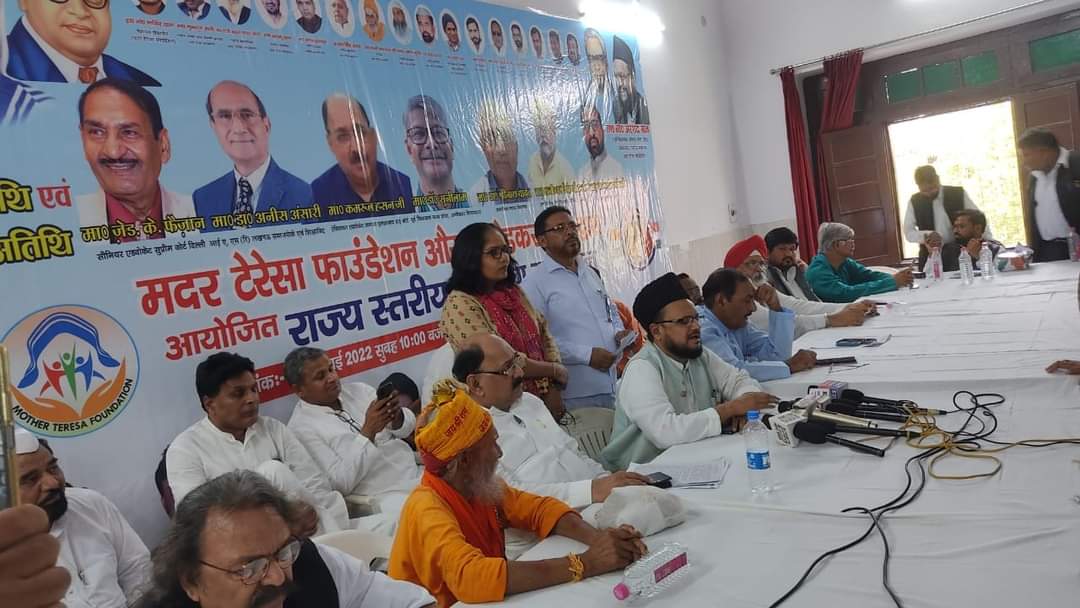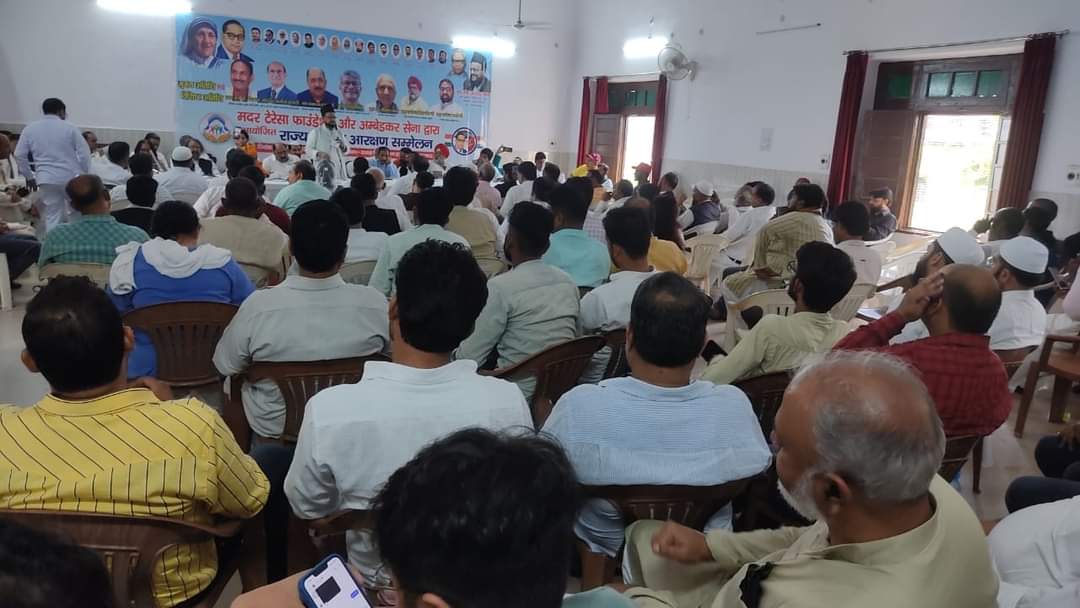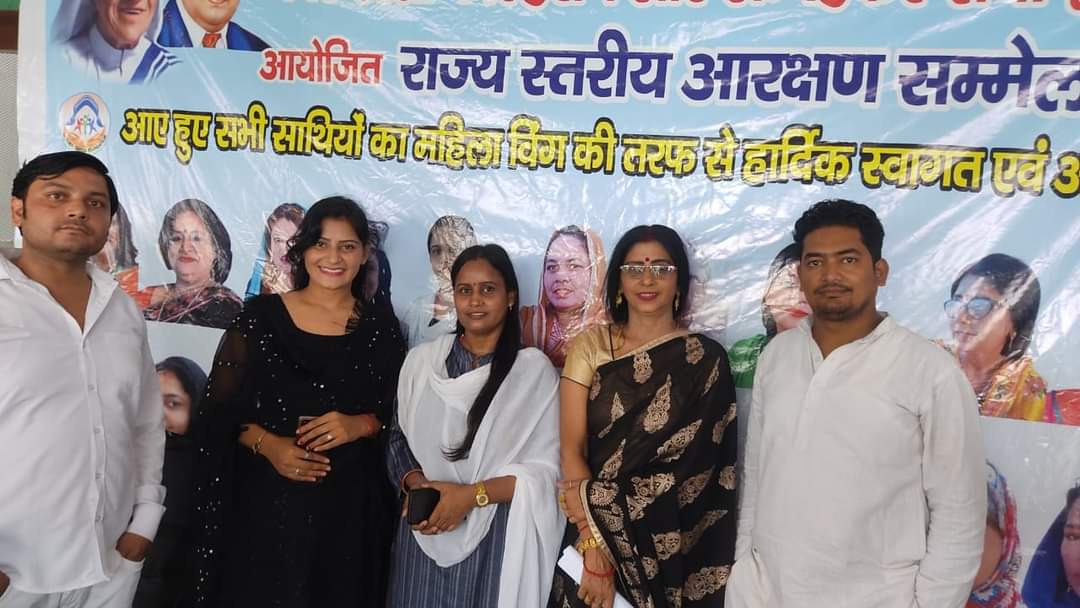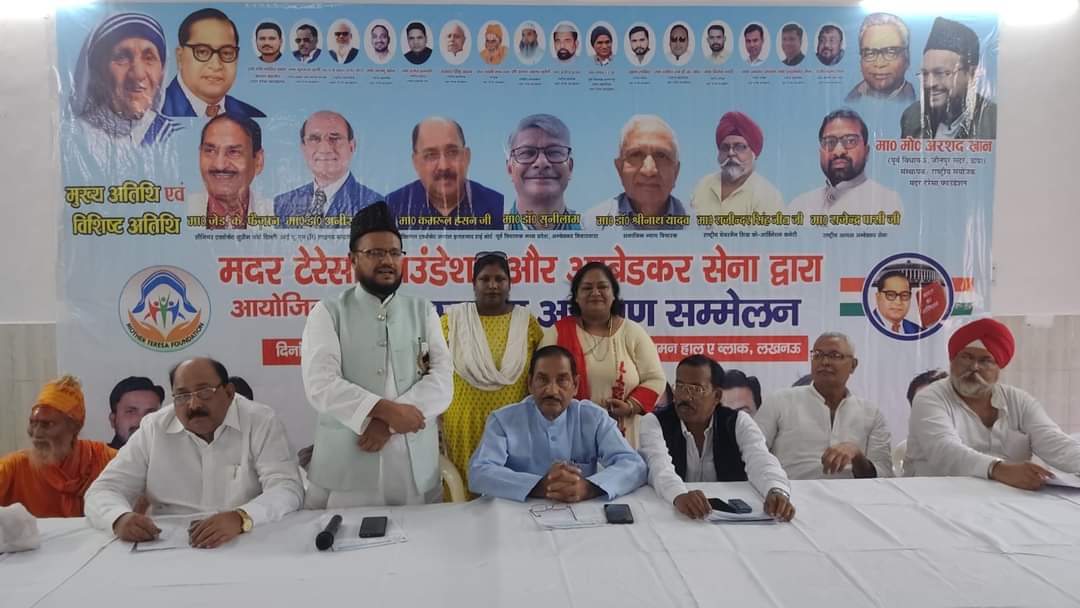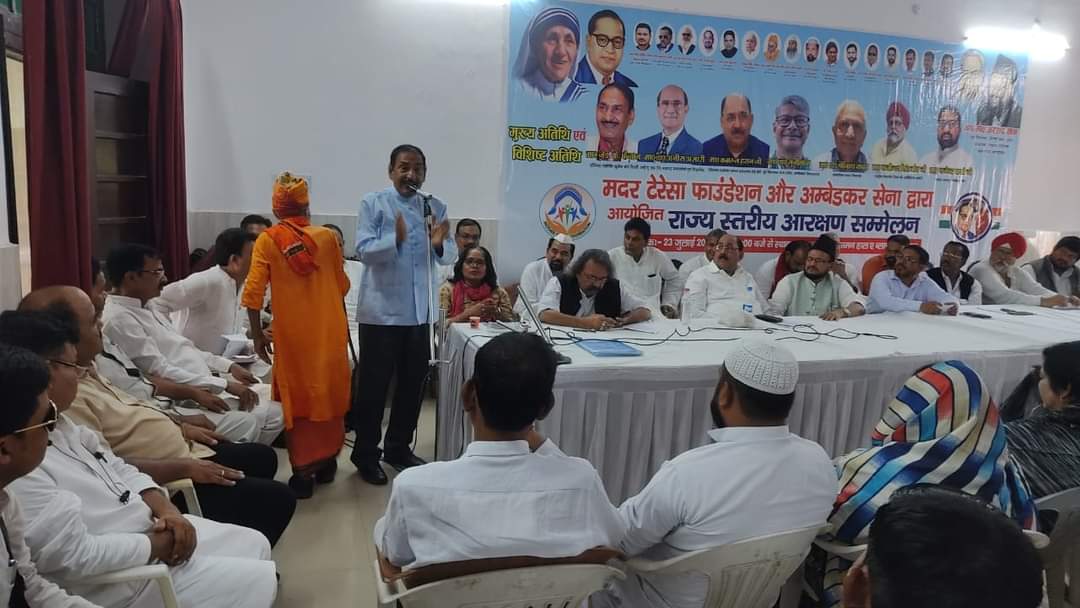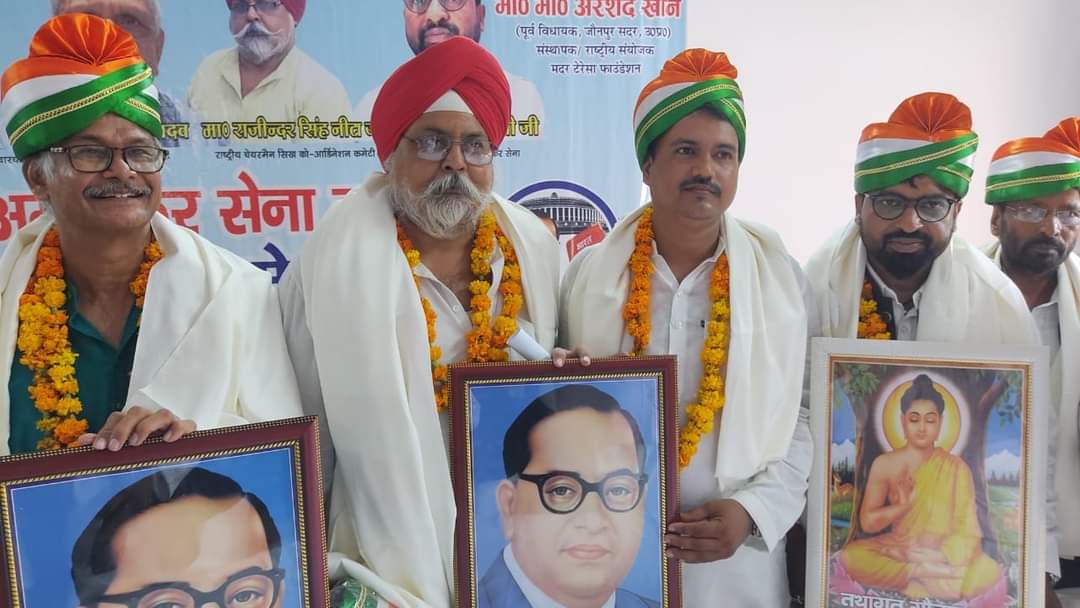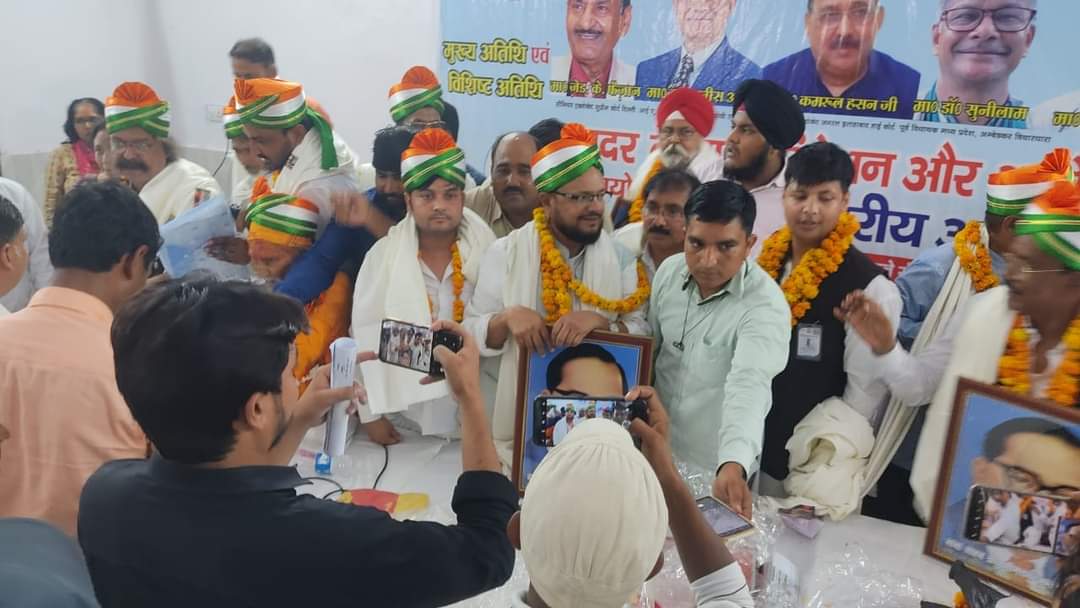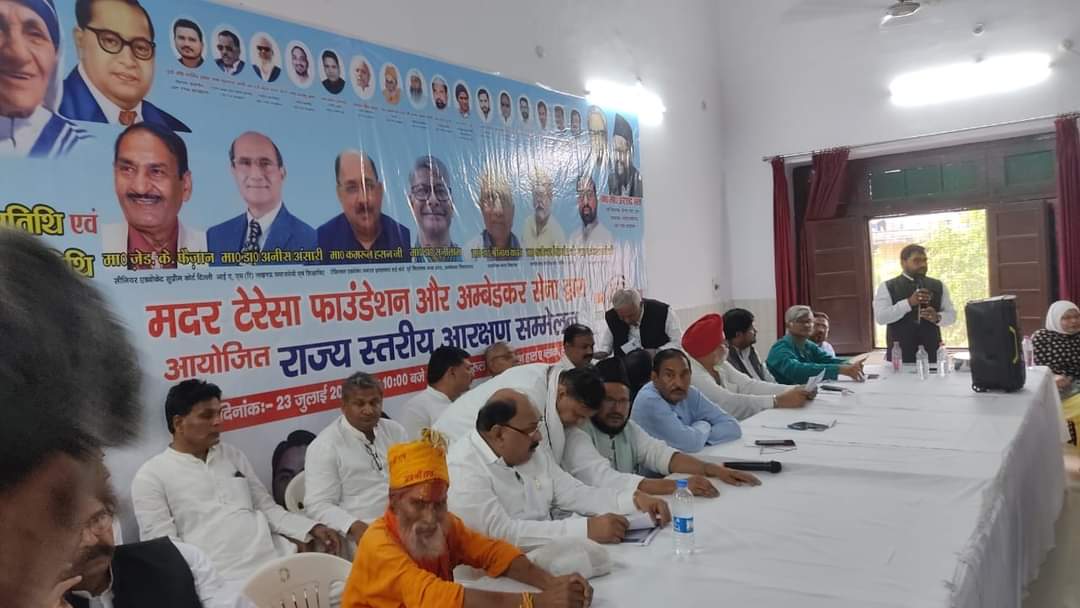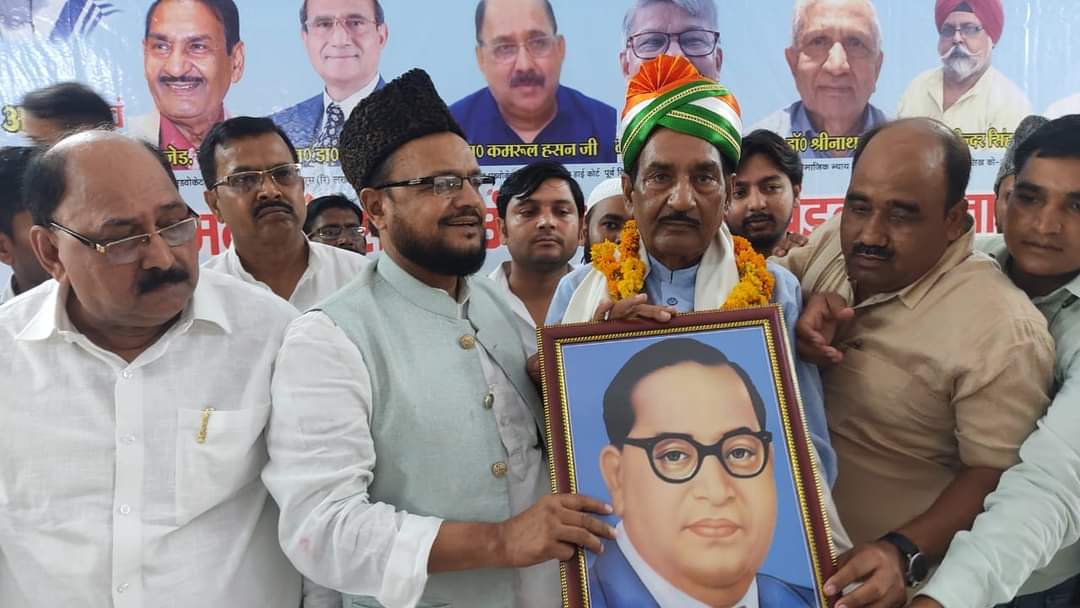MOTHER TERESA FOUNDATION
Help In Education!

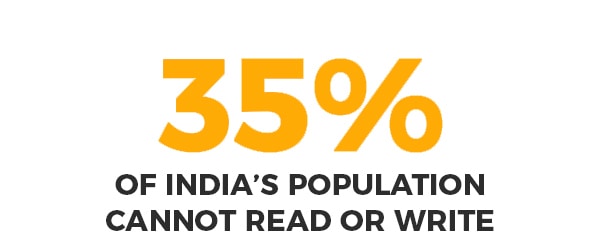
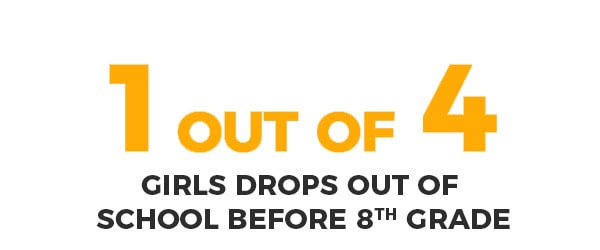
At the Mother Teressa Foundation, we work with 1,03,345 children in 1,061 schools, 702 anganwadis and 35 Junior colleges to ensure that learning is fun, learning is holistic and learning is empowering. We believe good education is one that broadens horizons, creates choices for the child to achieve her/his dreams.
Mother Teresa Foundation is committed to providing basic education to underprivileged children. Mother Teresa Foundation act as a catalyst for change in the society. Education empowers people to transform the lives of their family as well as community.
We are an integral link between school, home, and community in helping students achieve academic success. They work directly with school administrations as well as students and families, providing leadership in forming school discipline policies, mental health intervention, crisis management, and support services.
As part of an interdisciplinary team to help students succeed, school social workers also facilitate community involvement in the schools while advocating for student success.
IMPACT

PROGRAMME
MINDSET CHANGE
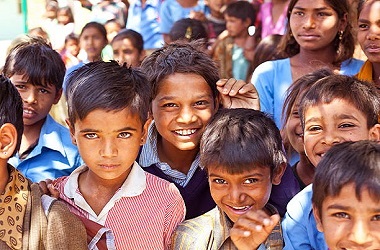
To empower school staff to lead by example, we provide extensive leadership training to principals and in-service training to teachers and anganwadi workers. In addition, we have setup a learning resource center exclusively for children with special needs (CWSN) and trained another 323 teachers to teach and train these special children.To empower school staff to lead by example, we provide extensive leadership training to principals and in-service training to teachers and anganwadi workers. In addition, we have setup a learning resource center exclusively for children with special needs (CWSN) and trained another 323 teachers to teach and train these special children.
Enabling Envoirment

Interventions include Infrastructure upgrades / Learning tools such as drinking water and hand wash stations and sanitation (separate urinals and toilets for boys and girls respectively; as per UNICEF guidelines), setting up of libraries, computer labs, activity based learning, science and math kits for interactive and joyful learning. Interventions include Infrastructure upgrades / Learning tools such as drinking water and hand wash stations and sanitation (separate urinals and toilets for boys and girls respectively; as per UNICEF guidelines), setting up of libraries, computer labs, activity based learning, science and math kits for interactive and joyful learning.
Future Ready
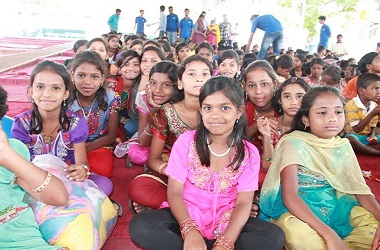
Interventions include Infrastructure upgrades / Learning tools such as drinking water and hand wash stations and sanitation (separate urinals and toilets for boys and girls respectively; as per UNICEF guidelines), setting up of libraries, computer labs, activity based learning, science and math kits for interactive and joyful learning. Interventions include Infrastructure upgrades / Learning tools such as drinking water and hand wash stations and sanitation (separate urinals and toilets for boys and girls respectively; as per UNICEF guidelines), setting up of libraries, computer labs, activity based learning, science and math kits for interactive and joyful learning.
GALLERY
OUR TAGS
GALLERY OF MOTHER TERESSA FOUNDATION
